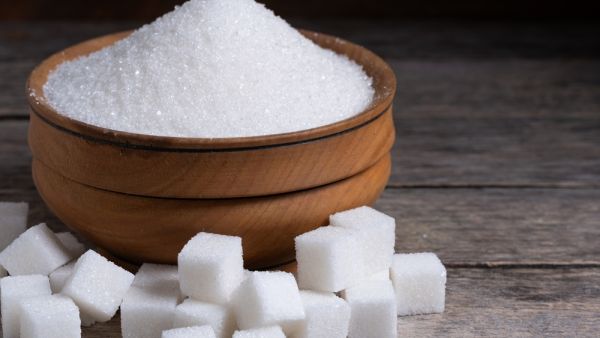Sugar has the reputation of being a slow poison for the body. People, after a certain age, consciously try to cut sugar from their diet. For decades, studies have proved how sugar can affect health, especially heart health. However, a recent study led by Suzanne Janzi et al, Lund University has quashed the narrative that sugar is bad.
Findings of the study:
The study was conducted on 70,000 people for twenty years and it states that the relationship between sugar and heart health may not be as straightforward as we think it is. Less is always better – this narrative is followed when we want to include sugar in the diet. However, the study observed that people who got their 5-7% daily calories from sugar were at a lesser risk of cardiovascular diseases, including ischemic stroke, heart attack, heart failure, and atrial fibrillation, than people who consumed less than 5% of their daily calories from sugar.
The study also observed that more than how much sugar we consumed, the source of sugar had a deeper impact on health. Sugar-sweetened beverages can lead to serious implications on health, accelerating the risk of several diseases. However, lower consumption of treats like pastries, ice cream, and chocolate was associated with higher risk of heart ailments.
Sugar intake and heart health:
During the study, 25,739 participants developed at least one heart disease. It was observed that added sugar intake had positive association with ischemic stroke and abdominal aortic aneurysm. Hence, it proved that increasing sugar intake can affect heart health.
Corresponding author Suzanne Janzi, a PhD candidate at Lund University, in a statement, said, “Liquid sugars, found in sweetened beverages, typically provide less satiety than solid forms — they make you feel less full — potentially leading to overconsumption. Context also matters — treats are often enjoyed in social settings or special occasions, while sweetened beverages might be consumed more regularly.”









